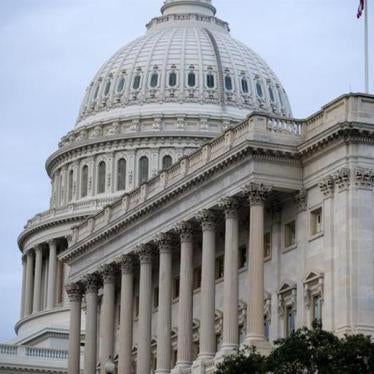US headlines have been dominated by coverage of the many ways President Trump’s budget bill will gut healthcare programs and deepen economic inequality in the United States if it is passed into law. Somewhat lost amidst all that noise is the story of how the Trump administration also weaponized the bill to benefit the wealthiest US corporations by undermining global efforts to tax businesses fairly.
Global tax rules that allow multinational companies to shift their profits to tax havens cost governments trillions of dollars, to the detriment of human rights. While the impacts are gravest for the poorest countries, all governments are affected: the United States loses 11.5 percent of its potential corporate tax revenue because of tax havens, according to the Atlas of the Offshore World’s database.
To address this, the Organization for Economic Cooperation and Development reached a global tax agreement, with US support, that went into effect in 2024 and requires the world’s largest companies to pay a minimum tax rate of 15 percent taxes. Although it was criticized as far too modest and riddled with loopholes, dozens of governments are implementing the deal.
President Trump withdrew from the agreement on his first day in office and then weaponized the budget bill to further undermine it. The version of the administration’s budget bill passed by the House of Representatives imposed a retaliatory tax on governments that subject American companies to the 15 percent minimum. The provision was removed days before the Senate vote after the G7, a grouping of the world’s wealthiest governments, exempted US companies from the requirement.
The back-room G7 deal took place against the backdrop of the UN Financing for Development conference, where governments, financial institutions, and civil society gathered in Seville to debate reforms that would enable governments to fund sustainable development.
The G7’s capitulation highlights the importance of ongoing negotiations for a UN treaty on International Tax Cooperation, a historic opportunity to ensure that all governments are able to fairly raise the revenues they need to meet their human rights obligations. It also stands in sharp contrast with an initiative led by Spain, Brazil, and South Africa to tax the superrich.
Trump campaigned on fixing a rigged economy, but his policies put even more money in the pockets of the wealthiest while undermining the rights of people in the United States and abroad. The world deserves real solutions for fulfilling everyone’s human rights.










